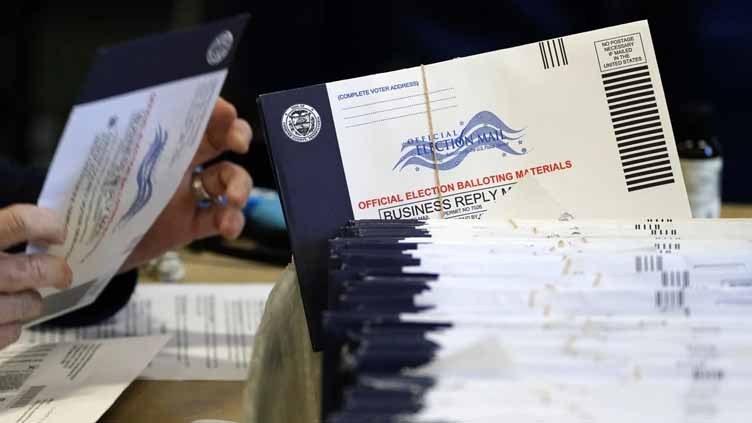For US adversaries, Election Day won't mean the end to efforts to influence Americans

World
It’s a threat taken seriously by intelligence analysts, elected officials and tech executives
WASHINGTON (AP) — Soon, the ballots will be cast, the polls will close and a campaign marked by assassination attempts, animosity and anxiety will come to an end. But for U.S adversaries, the work to meddle with American democracy may be entering its most critical phase.
Despite all the attention on efforts to spread disinformation in the months before the Nov. 5 election, the hours and days immediately after voting ends could offer foreign adversaries like Russia, Iran and China or domestic extremist groups the best chance to mess with America’s decision.
That’s when Americans will go online to see the latest results or share their opinions as the votes are tabulated. And that’s when a fuzzy photo or AI-generated video of supposed vote tampering could do its most damage, potentially transforming online outrage into real-world action before authorities have time to investigate the facts.
It’s a threat taken seriously by intelligence analysts, elected officials and tech executives, who say that while there’s already been a steady buildup of disinformation and influence operations, the worst may be yet to come.
“It’s not like at the end of election night, particularly assuming how close this election will be, that this will be over,” said Sen. Mark Warner, a Virginia Democrat who chairs the Senate Intelligence Committee. “One of my greatest concerns is the level of misinformation, disinformation that may come from our adversaries after the polls close could actually be as significant as anything that happens up to the closing of the polls.”
Analysts are blunter, warning that a particularly effective piece of disinformation could be devastating to public confidence in the election if spread in the hours after the polls close, and if the group behind the campaign knows to target a particularly important swing state or voting bloc.


